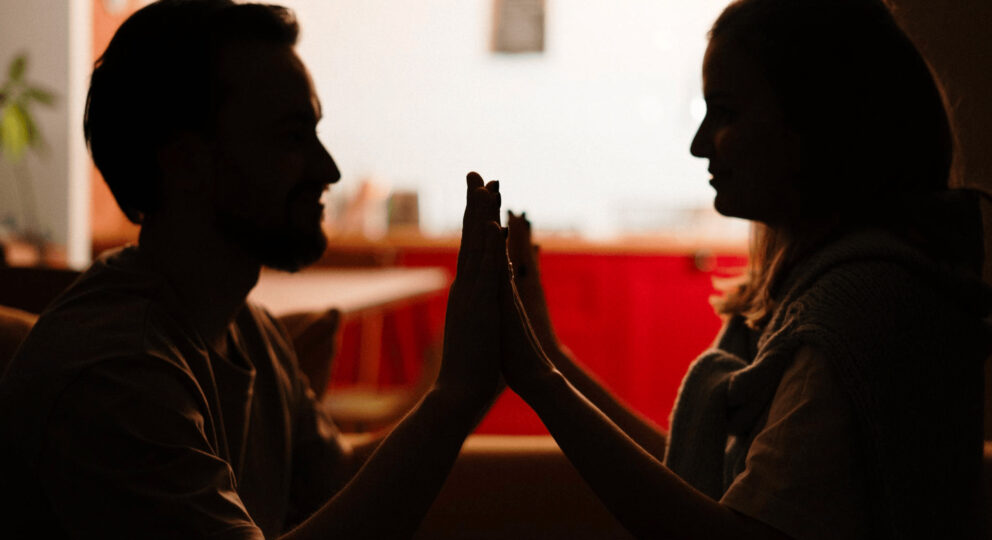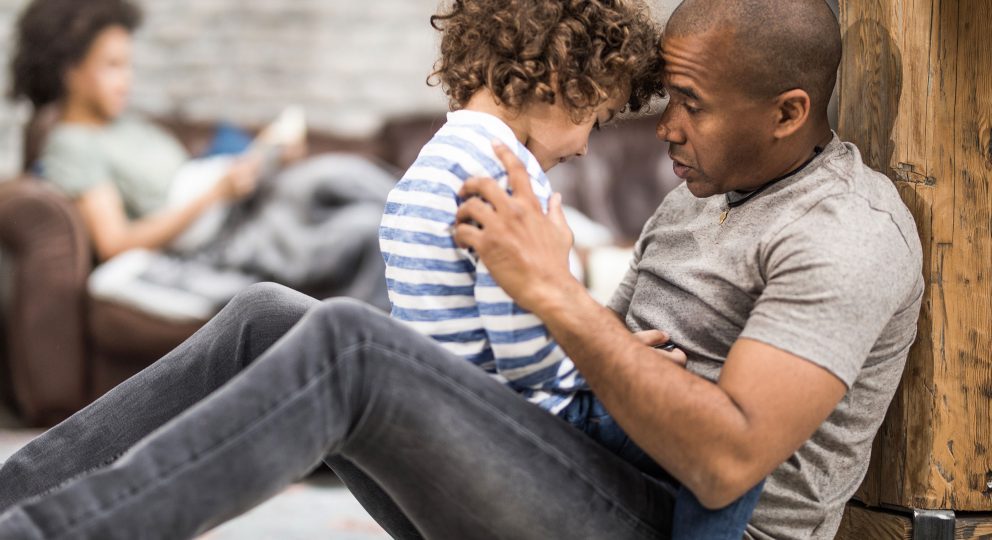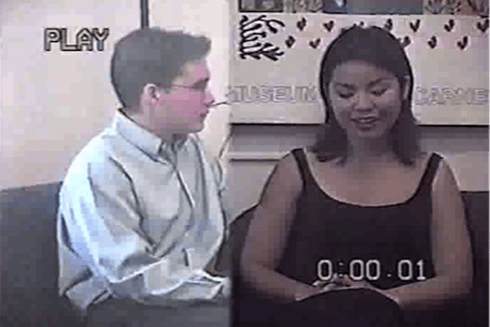
In 1993, seeking to address the deficiency of research on the subject at the time, Drs. John Gottman and Lynn Katz performed a longitudinal study that examined the effects of marital interaction styles on children. The little research that had been done in this area had conceptualized marital quality too simplistically, defining it based on a single dimension – relationship satisfaction. This was not enough.
Reviewing the literature available on the association of marital distress and child outcomes, Drs. Gottman and Katz noticed some interesting trends, the exploration of which they felt could lead to a better understanding of the complex constructions of family dynamics. For example, Gayla Margolin of the University of California (1988) proposed that couples differ in the way in which emotions are expressed during conflict resolution. Although she was able to show that some couples express their negativity very openly and directly, while others keep the conflict silent and hidden, the consequences of these different affective patterns of conflict resolution for children’s socio-emotional development had been largely unexplored.
Drs. Gottman and Katz set out to conduct a unique longitudinal study, one which would identify the particular styles of marital behavior predictive of specific outcomes in the behaviors of their children. They would focus on two marital conflict styles: “Mutually Hostile” and “Husband Angry and Withdrawn.” The former was marked with mutually negative, contemptuous, and often belligerent exchanges, and the latter distinguished by a Demand-Withdraw pattern, the husband often responding to his wife’s demands with Stonewalling and evasions.
The researchers hypothesized that a couple whose conflict style was Mutually Hostile would lead children to display externalizing behaviors (aggression, hyperactivity) and that couples whose conflicts were marked as Husband Angry and Withdrawn would cause children to display internalizing behaviors (depression, anxiety, withdrawal).
They were right.
Here are the results of their study:
The researchers’ observational assessments of marital interaction during parents’ conflict resolution discussions obtained when children were 5 years old predicted teachers’ ratings on a survey of child behavioral problems measuring levels of internalizing and externalizing behaviors when the children were 8 years old.
Two distinct and uncorrelated marital interaction patterns were related to specific forms of child outcomes. The Mutually Hostile pattern (which correlated with later marital dissolution) also predicted externalizing behavior patterns in children 3 years later. The Husband Angry and Withdrawn pattern predicted child internalizing behaviors.
In other words, parents whose conflicts are characterized by mutual hostility often produce children who are unable to wait their turn, tend to disobey or break rules, or expect others to conform to their wishes. Couples whose conflict styles involve a pattern of wife hostility met by anger and withdrawal or stonewalling of the husband tend to produce children who are shy, depressed, or anxious.
Measures of marital satisfaction and child temperament did not relate to child outcomes, nor did they interact with marital patterns to produce deficits in children’s general adjustment.
Reference: Katz, L.F., & Gottman, J.M., (1993). Patterns of Marital Conflict Predict Children’s Internalizing and Externalizing Behaviors, Developmental Psychology, 29, 940-950.









